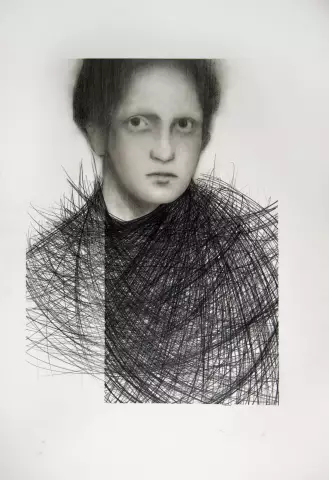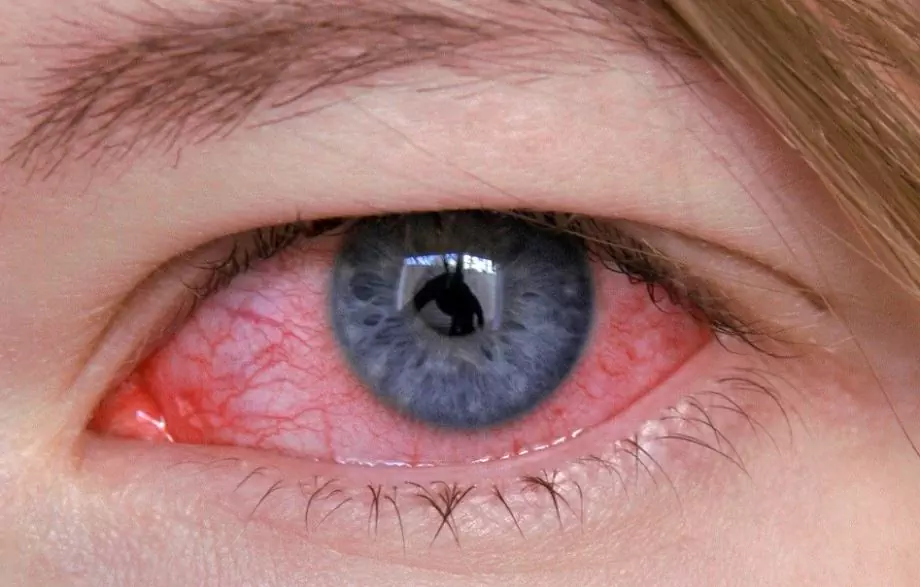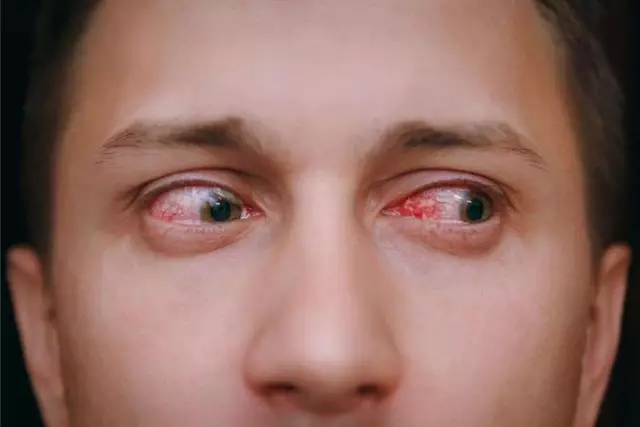- Author Rachel Wainwright wainwright@abchealthonline.com.
- Public 2023-12-15 07:39.
- Last modified 2025-11-02 20:14.
Persecution mania

Persecution mania is a mental disorder that is also called "persecution delirium" in psychiatry. Psychiatrists attribute this violation to the main signs of mental insanity.
Delirium is a violation of thinking, when false thoughts and ideas arise, completely capturing the patient's consciousness and not amenable to external influences, despite their complete inconsistency with reality. Delusional ideas are based on false premises. Mostly delirium is a sign of some kind of mental illness (schizophrenia). But it happens that delirium is also an independent violation.
Often in everyday life we call the statements and reasoning of the people around that do not correspond to our concepts as delirium. However, do not confuse such statements with true delusion or persecution mania, which has the following characteristic features:
- this is a manifestation of the disease;
- accompanied by inventing facts about reality;
- false thoughts cannot be corrected by the beliefs of other people;
- there is a violation of adaptation in space, it becomes difficult to live and work in society.
The main causes of persecution mania
Psychiatrists have been studying this mental disorder for a long time, and its symptoms can be found in many medical textbooks and reference books. But the reasons for the persecution mania have not yet been clarified. If you do not take into account various unscientific theories, the disease develops under the influence of certain internal and external factors. In patients with persecution mania, a special structure of the central nervous system is noted, predisposing to the occurrence of various mental disorders.
Also, psychological trauma, family problems, and improper upbringing play an important role in the onset of the disease. It turns out that one day some serious stress disorder is imposed on such a fertile soil, and the human psyche does not stand it, as a result of which a disease arises. However, none of the possible causes of the development of the disease has yet been scientifically proven and has no confirmation.
Symptoms of persecution mania
The main symptom of this delusional disorder is a person's obsession that they are trying to find, catch and harm. The patient constantly thinks that some person or group of people is pursuing him with a specific negative goal - to harm him (maim, kill, rob). In its form, persecution mania can be different. For example, a high level of systematization of delirium can be said in the case when the patient can describe in detail when the persecution began, what harm they want to do to him and what means the persecutor uses for this. This indicates that the symptoms of persecution mania have been present in the patient for quite some time.
Delirium cannot immediately become systematized. This is preceded by a certain condition called "delusional mood". At this stage, for the patient, everything around him acquires a certain meaning, he begins to constantly feel anxiety, to see a threat in everything. He is constantly waiting for something to happen to him. Gradually, anxiety becomes permanent and develops into a persecution mania.
Unfortunately, the persecution mania intensifies and develops over time. An increasing number of people fall under the suspicion of the patient. For example, a patient may think that his wife is trying to poison him. Gradually, the patient becomes convinced that the neighbors are also involved, and later he discovers that they are agents of secret intelligence, etc. With persecution mania, not only the essence of thinking changes, but also character. The patient can describe his ideas in great, great detail, but at the same time he will not be able to distinguish the important from the unimportant, and can equally long describe both the appearance of his pursuers and the color of the laces on his shoes.

Symptoms of persecution mania are not limited to mental disturbances. These signs are joined by personality disorders. Relatives of the patient often notice that he has changed a lot, became aggressive and suspicious, practically does not answer questions, and behaves strangely.
Often, “overvalued ideas” are added to the delirium, which are mainly based on some real facts or events, but are completely misinterpreted by the patient. Overvalued ideas are a borderline phenomenon that is characteristic of even mentally healthy people (sometimes, walking along a dark street, you may think that you are being pursued by a group of people, although in reality people are just walking the same path), but often these ideas become a consequence mental disorders such as depression, etc.
Treatment of persecution mania
Persecution mania is difficult to treat. Maybe this is due to imperfect therapy. Despite a rather long study of this phenomenon, an adequate treatment for persecution mania has not yet been found. It is widely believed that delirium is a consequence of a malfunction of the brain. Even Ivan Petrovich Pavlov wrote that the anatomical and physiological cause of persecution mania is a pathological focus of excitement that interferes with the full functioning of the brain. In this case, the whole life of the patient begins to obey destructive thoughts.
Today, the treatment of persecution mania is mainly based on pharmacological methods. The psychiatrist prescribes medications to the patient that inhibit the development of the disease. Electroshock therapy and insulin therapy are usually ineffective for paranoid conditions.
It should be borne in mind that the persecution mania does not lend itself to outside influence, that is, psychotherapeutic methods in the treatment of delirium are also ineffective. However, the task of the psychiatrist is to create a comfortable environment for the patient.
YouTube video related to the article:
The information is generalized and provided for informational purposes only. At the first sign of illness, see your doctor. Self-medication is hazardous to health!






